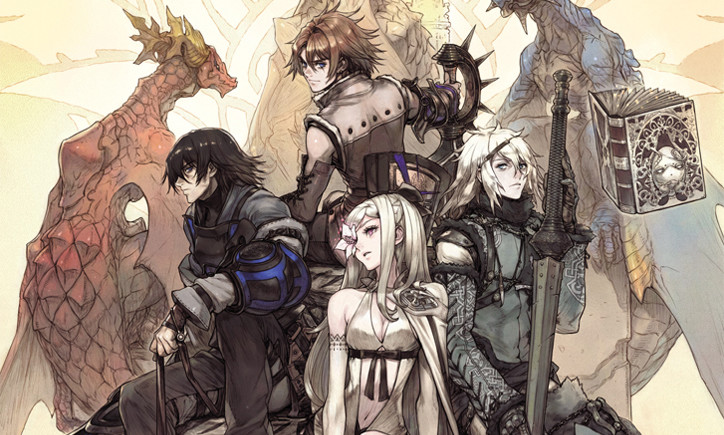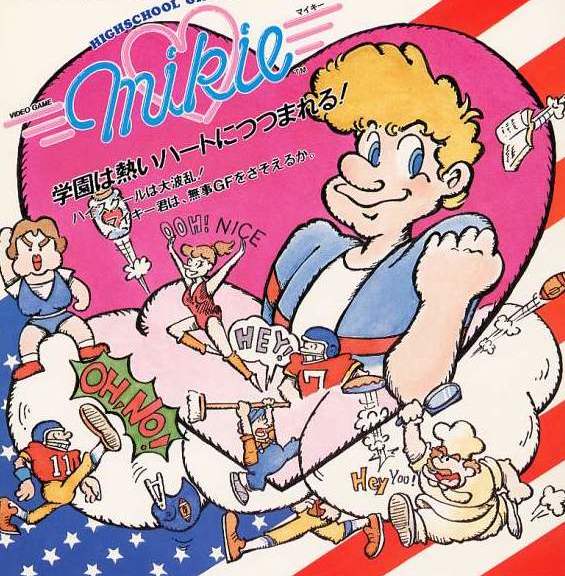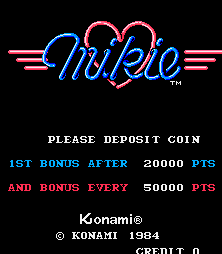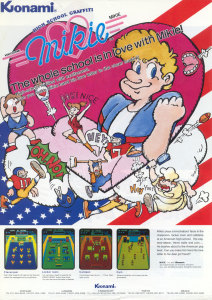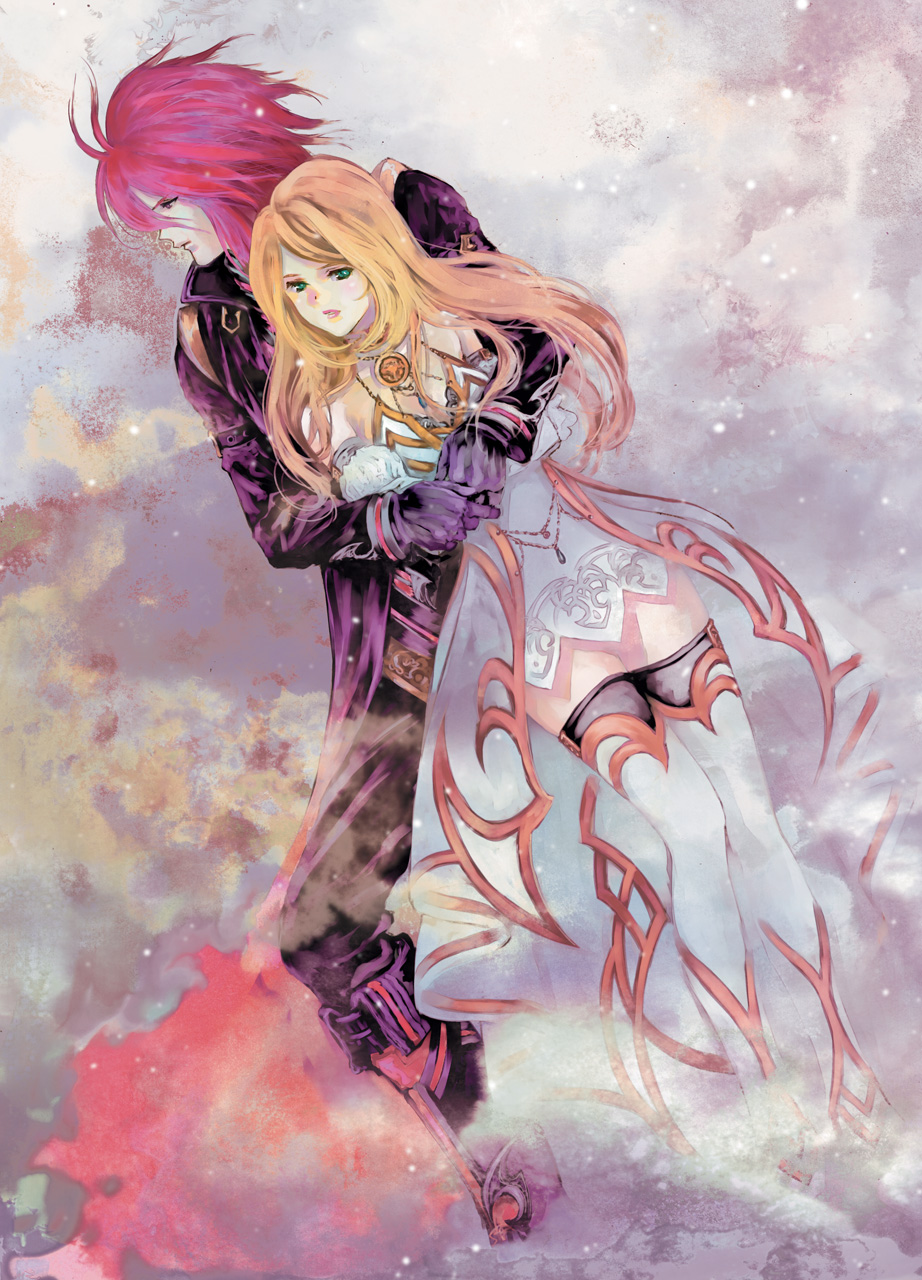A while back, I did freelance work for the Shonen Jump Alpha web portal, writing a bunch of assorted gaming content for them. One of the most fun bits I got to do was the Games We Love 2012 Awards, which was basically me, another freelancer, and my editor making up ideas for wacky awards that would stand out from the typical “Best Graphics,” “Best X360 Game,” “Favorite New Character” stuff, and I think it turned out nicely.
Unfortunately, SJ’s freelance budget got gutted soon after, and I haven’t written for them since. I’m still quite sad about that, because it was a really fun gig.
But that feature stuck with me, especially when I started thinking about posting a year-end wrap-up here. I don’t really like “Game of the Year” awards, mainly because my personal tastes are utterly divorced from the popular AAA software zeitgeist. I decided that, much like those Games We Love awards, I wanted to hand out awards (and “awards”) in categories less typical. We’re all about the less typical here at Gaming.moe, after all.
I also thought long and hard about what to name said awards. I posed the question to my followers on Twitter, who had some great suggestions1, but I was convincingly convinced to stick with my original idea of “The Waifus.”
@Zerochan I like Waifus
— slowbeef (@slowbeef) December 29, 2014
Here’s a quote that shall be forever enshrined in history
So, without further ado, Gaming.moe presents the inaugural Waifu Awards!
- I still really like The Dakimakuras (or Dakis for short). Close runner-up! ↩
